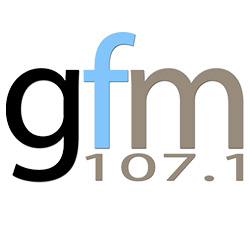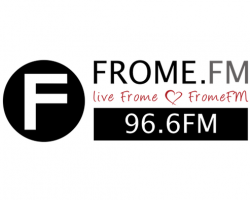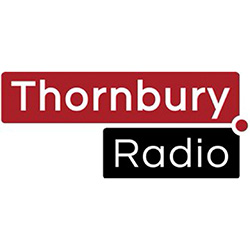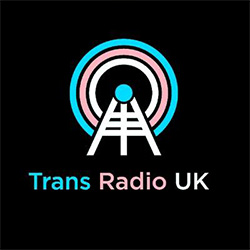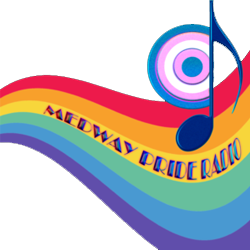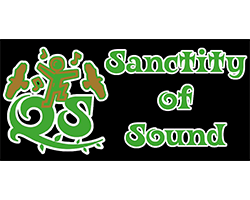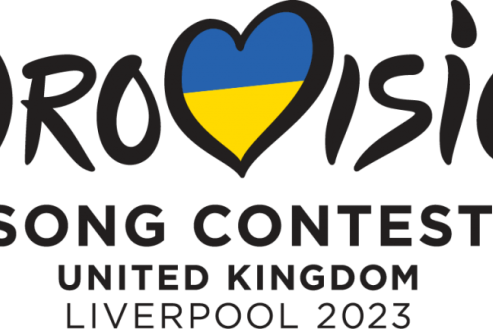
13/05/2023
In a surprise announcement at the start of this year's Eurovision Song Contest, that quintessentially camp and yet also pro-peace, pro-democracy and pro-cooperation event, it was revealed that the Grand Duchy of Luxembourg is to rejoin the contest from 2024, after some thirty years of not participating. The successful country, which despite its small size, has five Eurovision wins under its belt. pulled out in 1993. Fans of Eurovision cheered in the main arena as co-host, the gay icon and comedian Graham Norton announced that the Duchy would return to the grand prix event.
The Grand Duchy of Luxembourg is linked with music in the minds and memories of many generations of Europeans and particularly the British. From transmitters at Marnach and Junglinster, powerful border blasting station Radio Luxembourg transmitted pop music to the UK between 1933 and 1992, a fifty nine year period when its night-time English service was well listened to. In the fifties, for example, before the boom in offshore pirate radio stations and before the creation of BBC Radio 1 as a consequence, Luxembourg was a key component in youth culture, with its diet of rock and roll and pop music. Even after BBC Radio 1 and then the first legal commercial stations like Capital Radio, Radio Luxembourg maintained its popularity, with a service that was audible right through until 3am nightly.
For some years after parent company RTL closed the English service, the powerful medium wave transmitters on 1440 kHz (208 metres) were kept on the air with programmes from a German day service and the overseas service of China Radio from Beijing at night. The transmitters were decommissioned in 2014. However in recent years, some countries have begun offering licenses to low power "hobby" radio services, run by enthusiasts now that medium wave is depopulated of commercial radio. Denmark has licensed a 24 rock station called Radio 208 on the old Luxembourg frequency, and at night its signal has even been heard in the UK.





